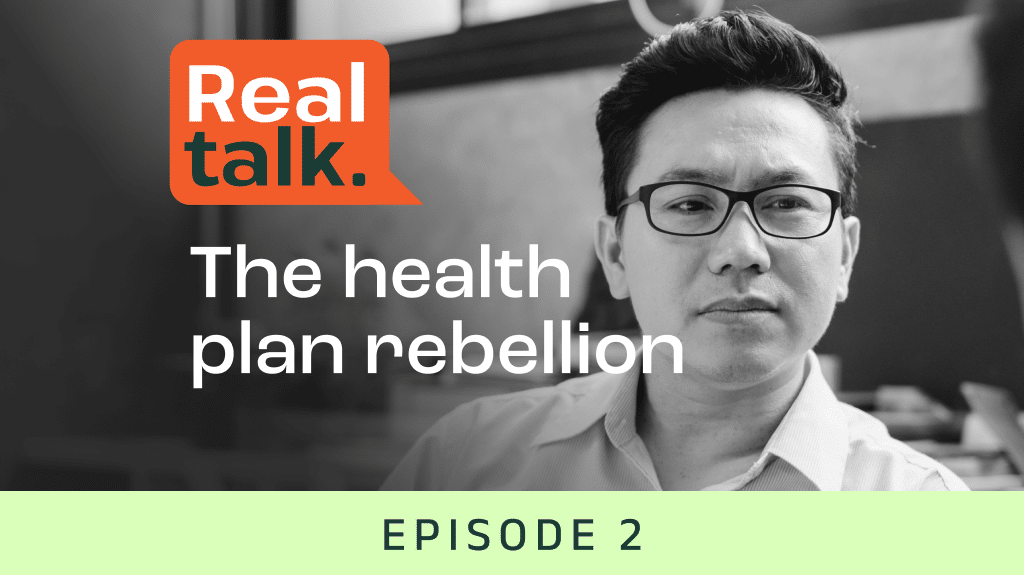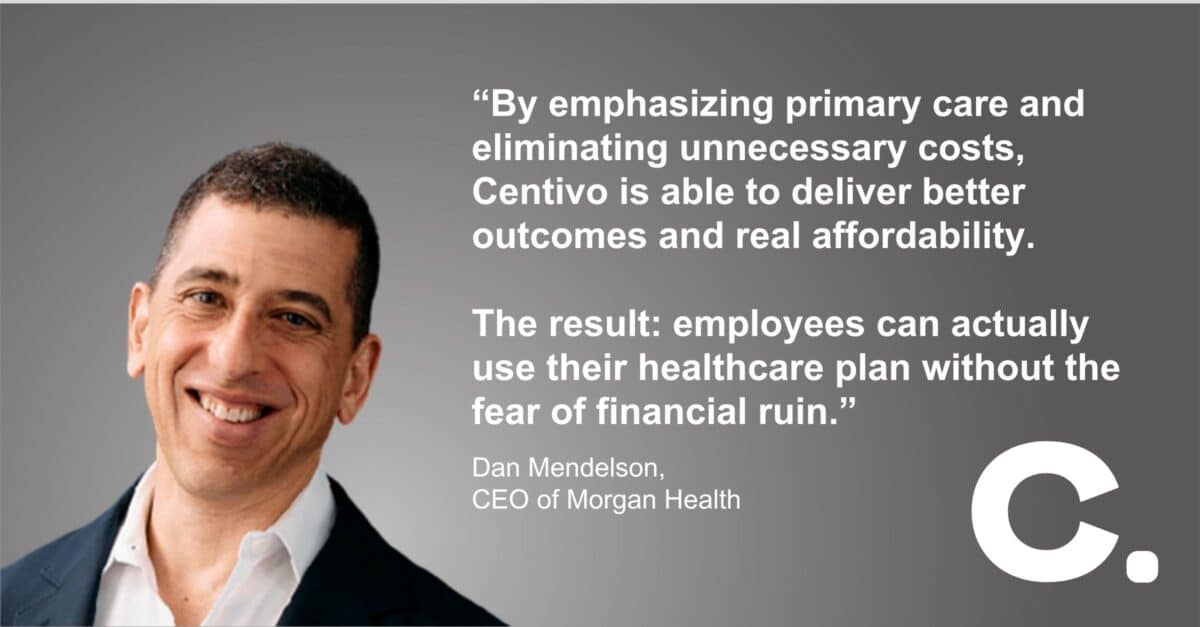The risks we’ve normalized
There’s something strange, almost surreal, about how predictable the dysfunction of our healthcare system has become.
Every year, employers brace for renewal.
Every year, the rates go up.
And every year, the system asks us to call that “normal”.
At some point, you stop asking if it’s fair and start asking how much longer you can keep absorbing it.
That’s the premise behind Real Talk: When Common Sense Feels Radical — a conversation series where we set aside the sales pitch, the slide decks and the industry buzzwords to have real conversations about what’s broken and what it really takes to do something different.
What it took to walk away
In Episode 1, I spoke with Andrew Starling of Starling Automotive and Mike Stubee from Orlando Health. Andrew was transparent about the goals for change and the minimum expectation he held out for. As he put it, “We’re not even necessarily looking to spend less as a company…but if there’s something we can offer that increases plan participation — that was the appealing part.”
He wasn’t trying to be disruptive. He just wanted something his people could actually use.
Disruption is a myth
One of the most powerful moments came when Andrew addressed what so many brokers fear: network disruption. He expected resistance from employees, but the reality was different. Initially, Andrew worried that employees would have a problem with network changes. They didn’t.
He led by example, adopting the mindset that if it was good enough for his team, it was good enough for him.
Enrollment increased — including from employees who had previously opted out. Change wasn’t something his people feared. It was something they embraced — because it finally made sense.
Staying the course together
This wasn’t a one-year experiment. Starling Automotive has been on this model for five years and they’re still here. Still committed. Still aligned.
Mike shared how Orlando Health had to evolve too. “When there’s high deductibles in the midst…that inevitably doesn’t drive cost out, it actually adds cost,” he explained. “We’re fighting against a rising tide of benefit plan design that disincentivizes the right type of care at the right time.”
What changed for their people
Andrew described what happened after they made the shift: deductibles went away. Premiums dropped. People enrolled for the first time. He said, “It was kind of revolutionary when we could sit down at those first open enrollment meetings.”
The conversation advisors should be having
Throughout the conversation, one underlying thread was clear: doing nothing still gets sold as the safest option. But the truth is, it’s often the most expensive move of all — in dollars, in access, in outcomes.
This is just the beginning
Real Talk isn’t a campaign. It’s a call. This series wasn’t built to make anyone feel bad. But it was built to make us feel something.
Because if the cost of doing nothing is more unaffordable plans, more employee confusion and more of the same — then maybe the boldest thing we can do is stop calling this normal.
More episodes are on the way. We hope you’ll keep listening.
-Ashok


